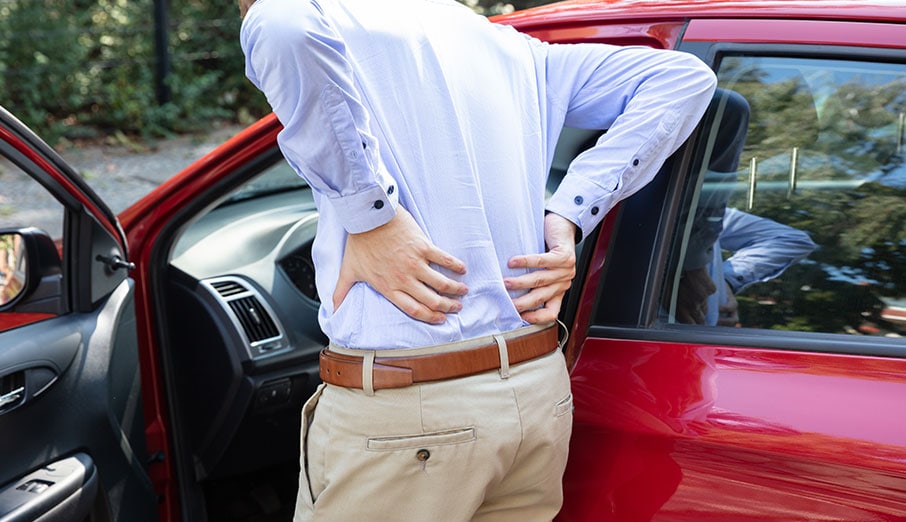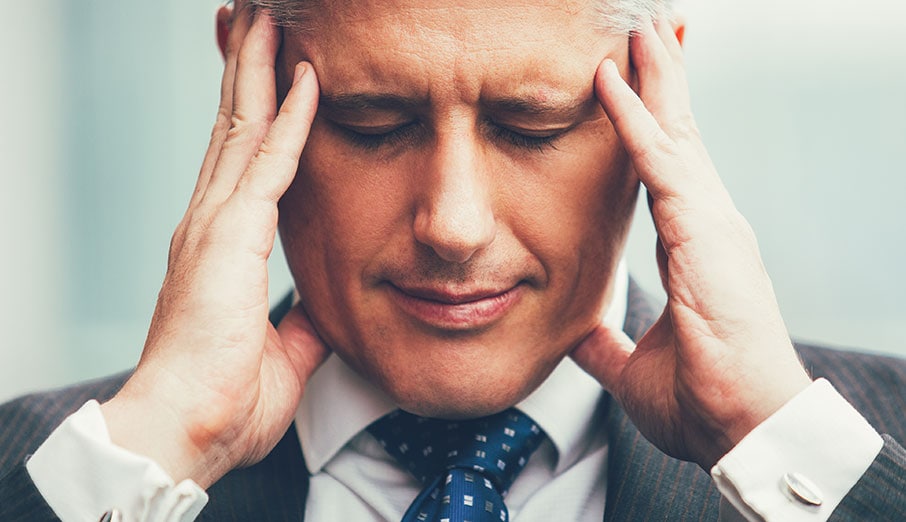What We Know About Back Pain
January 16, 2019
Back pain is a very common condition. Most people will experience back pain during their lives. For many this will be a temporary annoyance, but for a considerable number their back pain can be persistent and/or recurring, and have a significant impact on their lives.
Back pain seems to be one of those things where the more we learn about it, the more we realise we still have to learn about it.
For example, we know that there is actually a very poor correlation between findings on radiological imaging and back pain symptoms. This doesn’t mean that radiological imaging doesn’t have any use, but their findings need to be interpreted in the context of your back pain presentation, rather than taken at face value.

We also know that placing too much stead in imaging findings can lead to poorer outcomes. I can’t tell you how many times a patient with chronic low back pain has told me, “I’ve got bulging discs in my back”, with the implication being, “of course I have low back pain, I’ve got bulging discs!” As you get older, most people will have bulging discs show up on a scan of their lower back, including people who don’t have any back pain! This belief that your pain is tied to a chronic pathology that shows up on a scan can create a nocebo effect (the opposite of a placebo effect).
We know that the vast majority of acute low back pain episodes are not associated with any serious pathology and will resolve relatively quickly. We also know that the belief that back pain is or may be tied to serious pathology is associated with an increased risk of the back pain becoming persistent.
We know that exercise is good for reducing low term back pain. In general, any exercise has this benefit. In some cases certain exercises may aggravate pain, but alternatives can be found. If running or walking aggravates pain then cycling, using an elliptical, swimming or walking in a pool may be alternative cardio exercises. Resistance training is helpful, as is pilates and yoga. Pilates may be more beneficial for postural loading type pain, and yoga may be more beneficial for hypomobility (Stiffness) type pain. However, in general, all exercise is good for reducing long term back pain.

We know that back pain is correlated with a number of other factors, including stress, work situation, beliefs, past experience, depression and anxiety. For that reason, it’s helpful for a trained health professional to gain a broad understanding of the life situation of a back pain sufferer. The more we know about an individual’s situation, the more potential levers are at our disposal to positively effect your pain.
We also know a lot of people simply ‘put up’ with their back pain. In some cases this is because people have had unsuccessful attempts at treatment in the past. But as our understanding of back pain has improved over the last few years, it’s a better time than ever to see a physiotherapist for help managing your back pain.
-
 What Can Make Neck Pain a Headache?
What Can Make Neck Pain a Headache?
Often people experiencing a headache are also experiencing neck pain/tightness a...
-
 How Physio Can Help Your Headaches
How Physio Can Help Your Headaches
Headaches are no fun. Some people will only experience short-term headaches ever...
-
 Muscle Strains
Muscle Strains
Winter sports are back and with them come more muscle strains, particularly hams...
